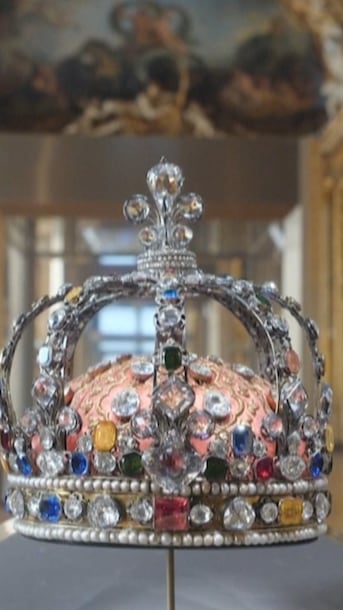In the early morning hours of Sunday, thieves broke into the Louvre museum, one of the most celebrated art institutions in the world. Entering the ornate Apollo Gallery, they grabbed what remains of the French crown jewels — items that, as of Tuesday, Paris prosecutor Laure Beccuau said were valued at 88 million euros, or 143 million Cdn.
In the following hours and days, the brazen daylight theft — called “the heist of the century” by a number of newspapers — has dominated headlines around the world. But inside the country, the crime has not only directly impacted the storied museum but devolved into a blame game.
Reactions have ranged from labelling the heist an attack on French identity to an indictment of lax museum security and a wake-up call for museums across the world.
That is despite the fact that the heist is far from the only such crime in recent years: a trove of expensive porcelain was stolen from Adrien Dubouche Museum in September 2025, and gold nuggets were taken from Paris’s National Museum of Natural History that same month.
In November of 2024, 18th century snuffboxes were stolen from Cognacq-Jay Museum. The next day, thieves fired shots, cut through armoured glass with chainsaws and then escaped with gold and ivory statuettes from the Hiéron Museum in Paray-le-Monial.
Christopher Marinello, founder of Art Recovery International, an organization specializing in the recovery of stolen art, said most museums complain they do not have enough funding for security. But the heist occurring at a museum as well known as the Louvre, he said, sends a uniquely powerful message.
“The Louvre is one of the most well-funded museums in the world,” he told Reuters. “And if they’re going to be hit, every museum is vulnerable.”
Politicians seize on heist to advance agendas
That’s turned the crime into both a political hot potato and a window of opportunity for different branches of the government and political factions.
Opposition politicians pounced on the opportunity, dubbing the theft a national humiliation at a time when the country is already in a deep political crisis. The French government has seen five successive prime ministers resign in just a few years while the country’s credit rating was downgraded by the S&P just days ago because of perceived political instability.
Far-right Member of European Parliament Marion Maréchal dubbed France “the laughingstock of the world” shortly after the heist. She called on Culture Minister Rachida Dati to demand the museum director and head of security resign.
Jordan Bardella, leader of the far-right National Rally party, called the robbery an “unbearable humiliation for our country” given that the Louvre is a global symbol of French culture.
“How far will the disintegration of the state go?” he wrote on X.
Senator Nathalie Goulet told BBC’s Today program that she would not go as far as Bardella but that the high-profile theft is, indeed, “a nail in the coffin” when it comes to the public perception of the French government and the deterioration of the state.
In a brazen daytime robbery, thieves use a crane to break into the Louvre museum in Paris and steal priceless jewels before escaping on motorbikes.
In response, Dati has waffled between blaming mismanagement by the museum leadership and underscoring the effectiveness of the museum’s security systems.
“The responsibility lies in 40 years of neglect, years of sweeping the dust under the carpet,” she told broadcaster M6 on Monday after an emergency meeting with Interior Minister Laurent Nunez where they agreed to investigate what went wrong and strengthen security at cultural institutions across France.
“Did anyone question the safety and security measures of these cultural institutions? I don’t think so. Likewise, we never really questioned the protection of the artworks themselves. Security has always focused on the public, far less on the works of art.”
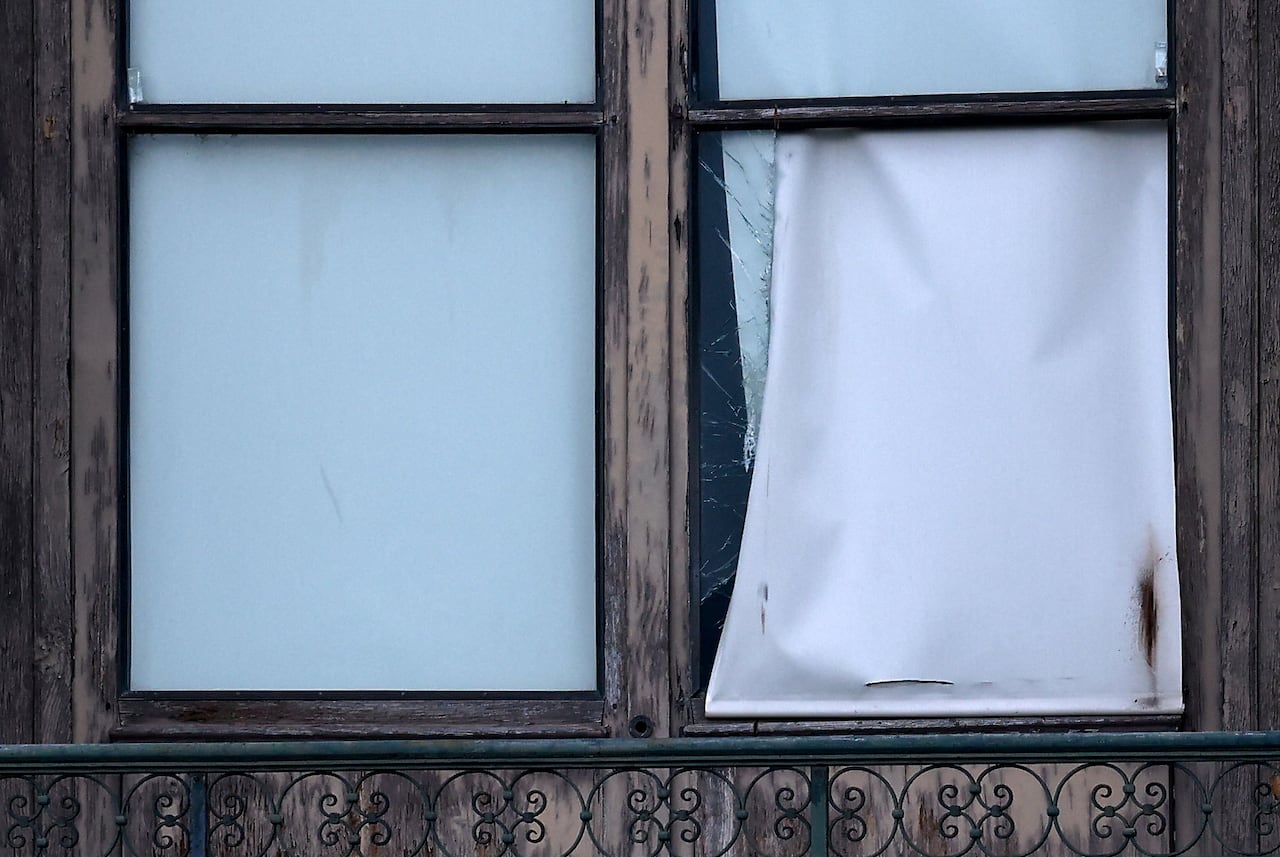
At the same time, questions have arisen about how robust the Louvre’s security actually is — and specifically, whether security cameras might have failed, allowing the audacious daylight robbery to take place. But addressing lawmakers in the National Assembly on Tuesday, Dati denied that theory.
“The Louvre museum’s security apparatus did not fail; that is a fact,” she said. “The Louvre museum’s security apparatus worked.”
Earlier on Monday, Nunez, the interior minister, confirmed that the museum’s alarm was triggered when the window of the Apollo Gallery was forced open.
Staff complained of overwork, mismanagement
But questions around security — and staff complaints about how they are managed — is nothing new. In a sign of the ongoing frustration, staff booed director Laurens des Cars at a meeting after the heist.
Museum workers were already complaining of being overloaded and staff levels not keeping up with the volume of visitors and had walked out in mid-June to protest “untenable” working conditions.
That wildcat strike coincided with ongoing calls for upgrading and increased security. In 1998, then-director Pierre Rosenberg warned that the museum’s security was “fragile” after a Camille Corot painting was stolen in broad daylight.
When its current director took over in 2021, a new security audit was commissioned. Earlier this week, Dati stressed a “Louvre New Renaissance” plan was already underway and would include new security features.
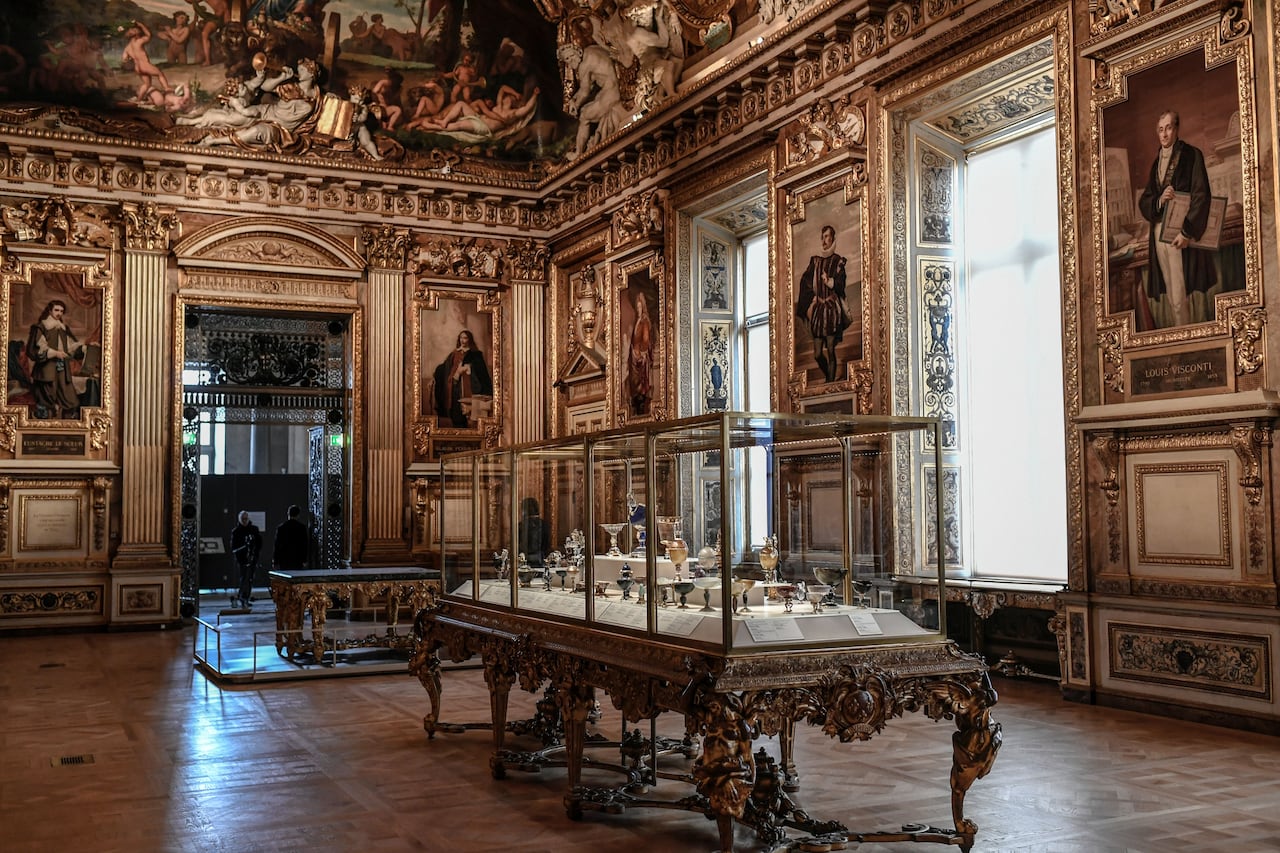
Announced earlier this year, the massive, six-year restoration project would expand the museum’s capacity to 12 million visitors a year and address the problem of overcrowding, French president Emmanuel Macron had said.
Though the museum now receives roughly nine million visitors a year, a modernization in the 1980s had expanded its capacity to just four million. The new upgrade is estimated to cost hundreds of millions of dollars.
Still, to some, the proposed upgrades are too little too late.
“This robbery comes a few months after museum employees warned about security flaws,” Paris deputy mayor David Belliard wrote on X.
“Why were they ignored by the museum management and the ministry?”
Paris prosecutor Laure Beccuau, who is overseeing the investigation, said Tuesday that roughly 100 investigators are now involved in the hunt for the suspects and gems.
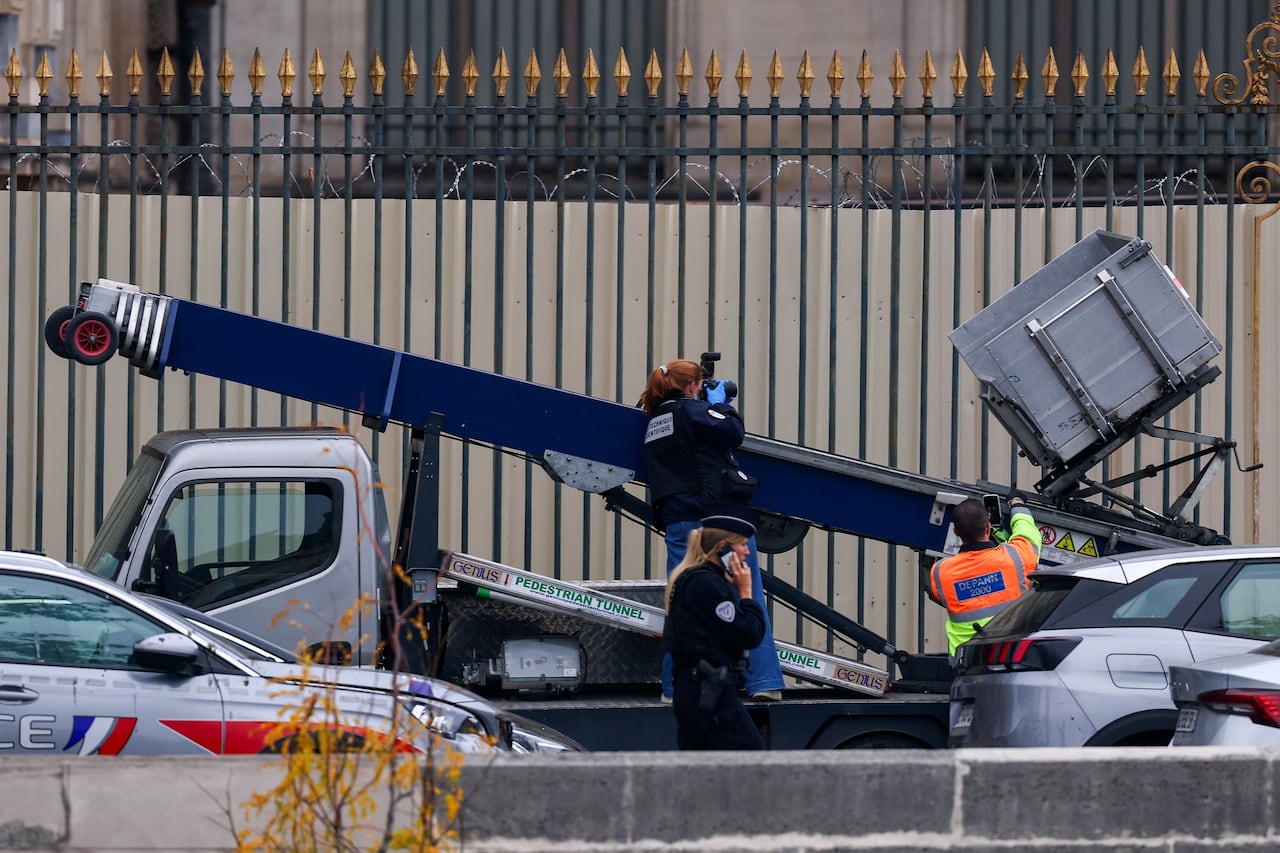
She said they can “perhaps hope” the thieves will hold on to the jewels, instead of disassembling and selling them.
Meanwhile, the fact that what was stolen were the crown jewels — symbols of the French state and a key part of the country’s history — added insult to the injury.
Speaking to CNN, art recovery expert Arthur Brand said the historical importance of the items the thieves took made the crime a “national disaster” of sorts for the country.
“These are the crown jewels from Napoleon, his wife and his successors. So these are the natural pride of France,” he said. “It’s a great loss.”
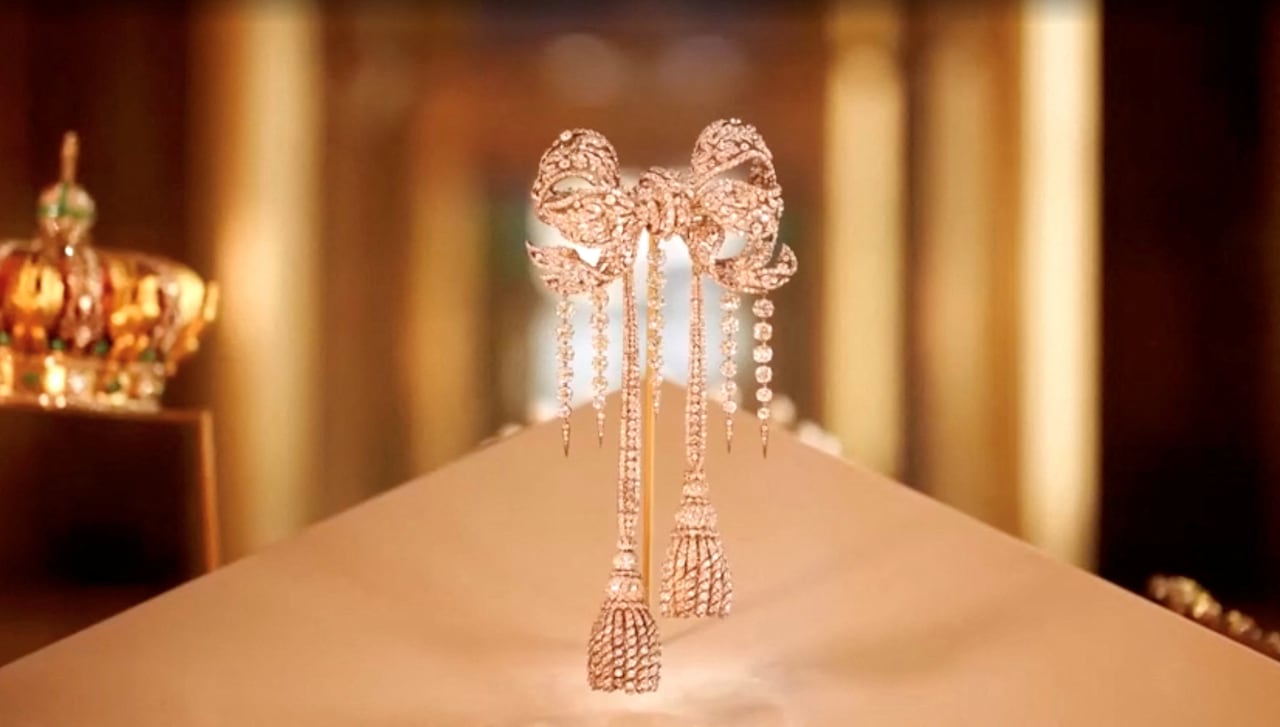
Author Elaine Sciolino, who wrote Adventures in the Louvre: How to Fall in Love with the World’s Greatest Museum, agreed.
“This attack really is a dagger into the heart of France and French history,” she told BBC’s Today program. “An attack in this extraordinary space, it truly goes to the heart of: What is the identity of the country?”


